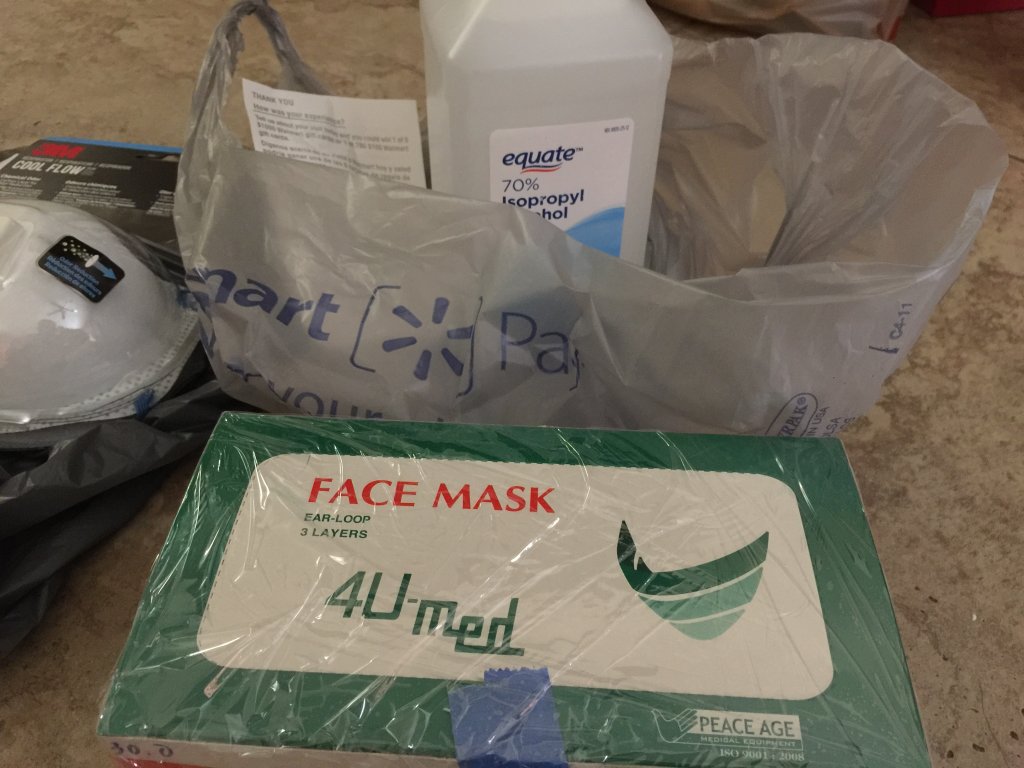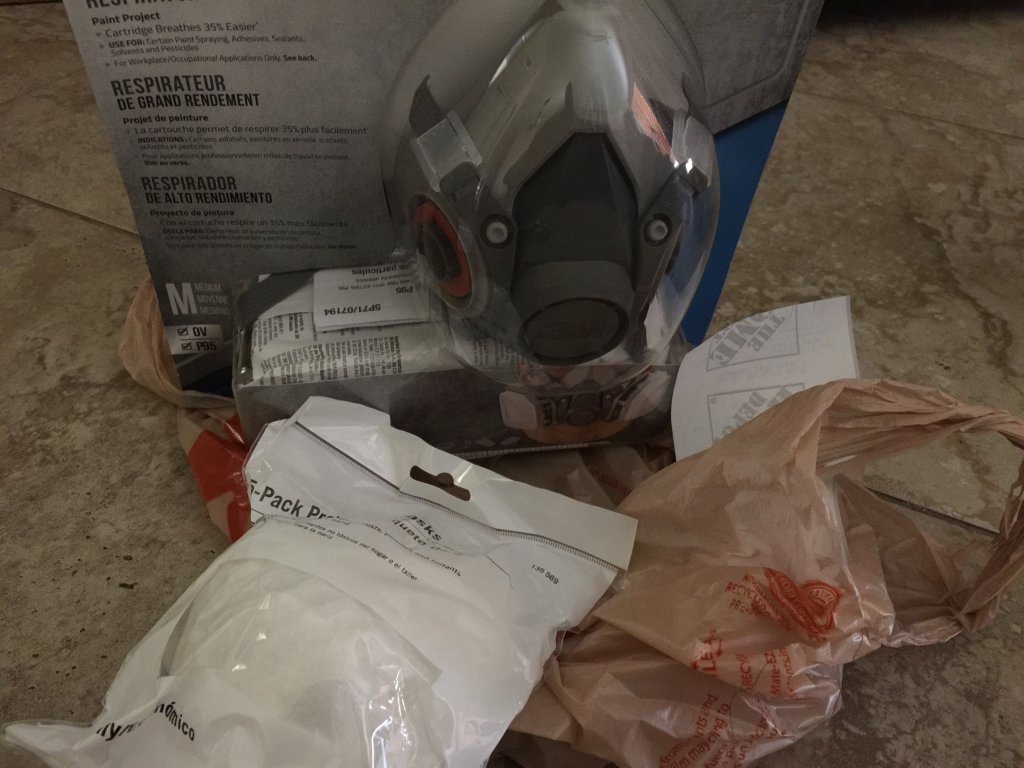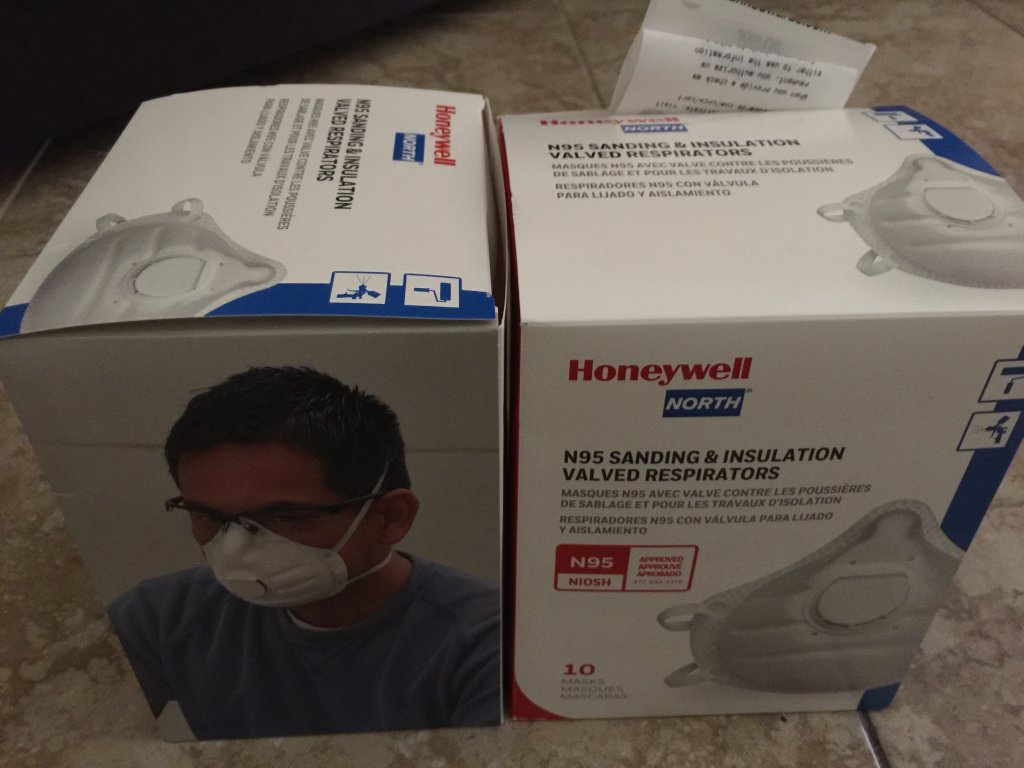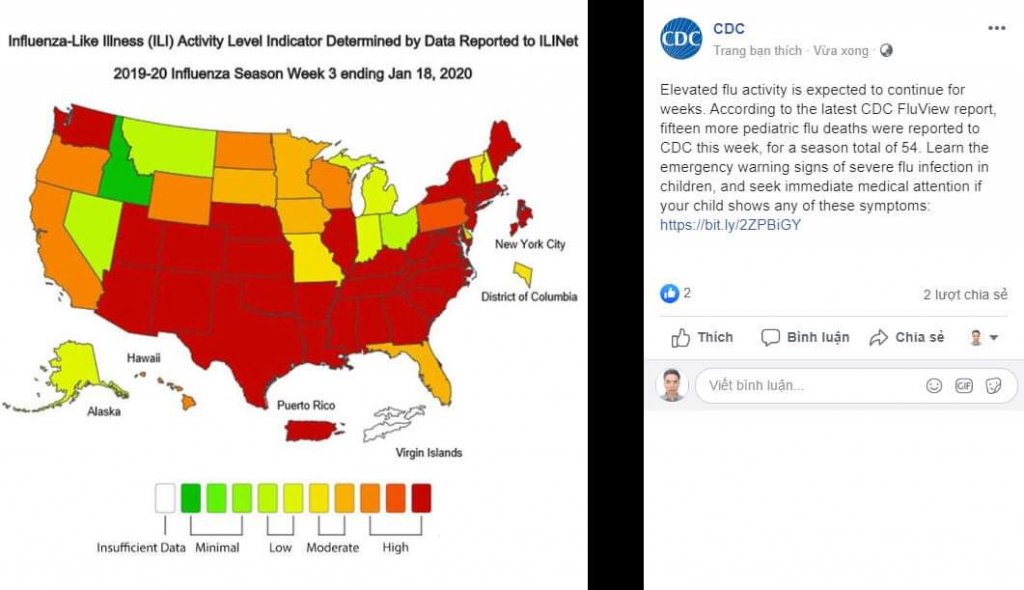January 27, 2020
Dear school community members: Re: Wuhan novel coronavirus (2019-nCoV) As you will likely know, on January 25, 2020, Ontario identified its first presumptive confirmed case for the Wuhan novel coronavirus (2019-nCoV). Today, January 27, 2020, Ontario has confirmed that the wife of the first case has tested positive for the virus at Ontario's public health laboratory.
The health and well-being of Ontarians, including and especially our students and school staff, is Ontario’s top priority. Students, parents and school communities should rest assured that the province is working together in close cooperation with its partners in both the education and health care sectors to ensure the continued safety and well-being of students and staff.
These presumptive confirmed cases was not unexpected and the health system’s response has ensured that the risk to the general public from these cases has been minimized. The first patient was promptly identified prior to transport to the local hospital, health care workers wore appropriate personal protective equipment, and the patient was immediately placed in isolation, where they have remained. The second case has been in self-isolation since arriving in Toronto. These presumptive positive cases do not change the overall risk to Ontario, which is still considered low.
While this issue continues to emerge, we anticipate in the coming weeks that there may be additional cases identified in Ontario, other parts of Canada, and other countries who have individuals with travel history to the impacted area or other significant epidemiological links.
Human coronaviruses are common throughout the world and include a range of illnesses from the common cold to Severe Acute Respiratory Syndrome (SARS). They can cause mild, moderate or severe respiratory illness in some people. Symptoms of the 2019-nCoV include fever, cough and difficulty breathing and studies are underway to try and understand this virus better. As of today, cases of this new disease have been identified in other areas of China, Thailand, Macau, Hong Kong, the Republic of Korea, Japan, Taiwan and in the United States, among others. We continue to monitor this situation closely along with our local and federal public health colleagues. The 2019-nCoV virus has been identified at the same time that influenza (also known as the flu) and many other respiratory viruses are circulating in Ontario, which is common at this time of the year. The precautions to protect yourself against common respiratory ailments can also be used to help protect against coronaviruses, including 2019-nCoV.
Members of the public are advised to take the usual measures to reduce the risk of transmission of the flu and respiratory illness, which include:
- • get a yearly influenza vaccination, available from clinics and pharmacies (for flu only);
- • wash your hands frequently and thoroughly with soap and water or use an alcohol-based hand sanitizer;
- • cover your mouth and nose when you cough or sneeze;
- • if you don’t have a tissue, sneeze or cough into your sleeve or arm; and
- • if you or your family members are ill, stay home. .
Residents who return from recent international travel with history of travel to affected area and become ill with respiratory signs and symptoms such as cough and fever should
report their travel history to any health professional, or emergency department staff, when they visit. Christine Elliott, Deputy Premier and Minister of Health, recently expanded monitoring protocols by making this novel coronavirus reportable to public health by a health professional so that if potential cases are identified in your area, the relevant local public health unit can quickly and effectively take all necessary measures to investigate, complete lab tests, and do case and contact management to prevent and control further spread of the infection.. Information has also been provided to hospitals to increase their screening processes for individuals who present with signs and symptoms of this new virus and have travelled to Wuhan, China. This will help ensure cases are identified promptly and actions taken to prevent its spread.
More Information can be found on the following websites: Ontario Ministry of Health:
www.ontario.ca/coronavirus
Find your Local Public Health Unit:

www.health.gov.on.ca
Public Health Agency of Canada:
https://www.canada.ca/en/public-health/services/diseases/2019-novel-coronavirus-infection.html
Government of Canada Travel Advice and Advisory:
https://travel.gc.ca/travelling/advisories/pneumonia-china
Sincerely,
Dr. David Williams
Ontario Chief Medical Officer of Health















